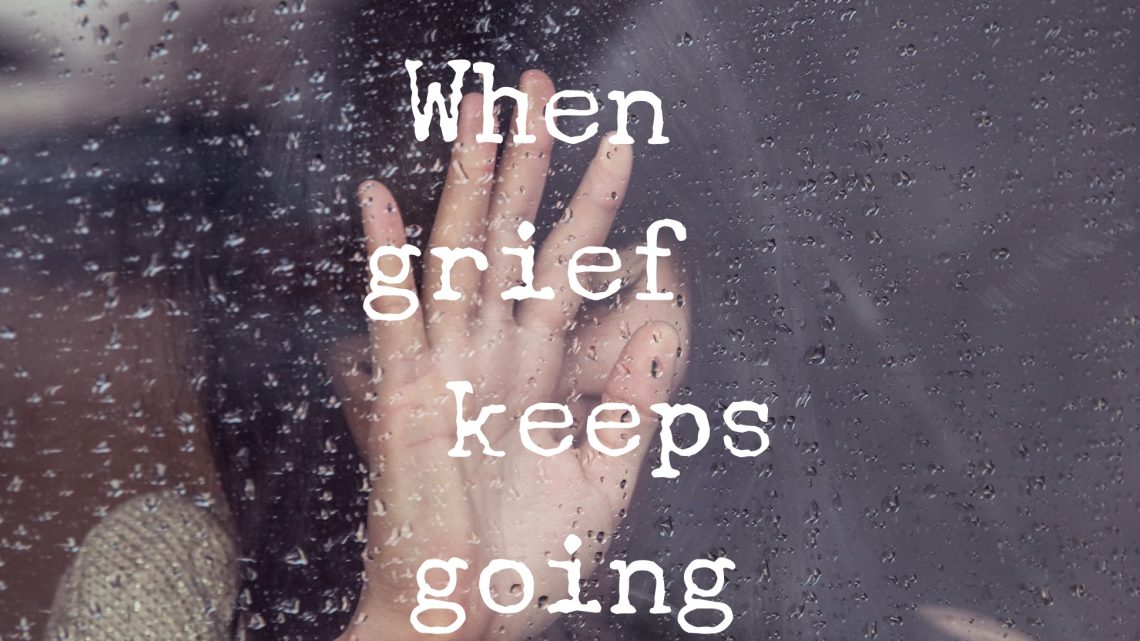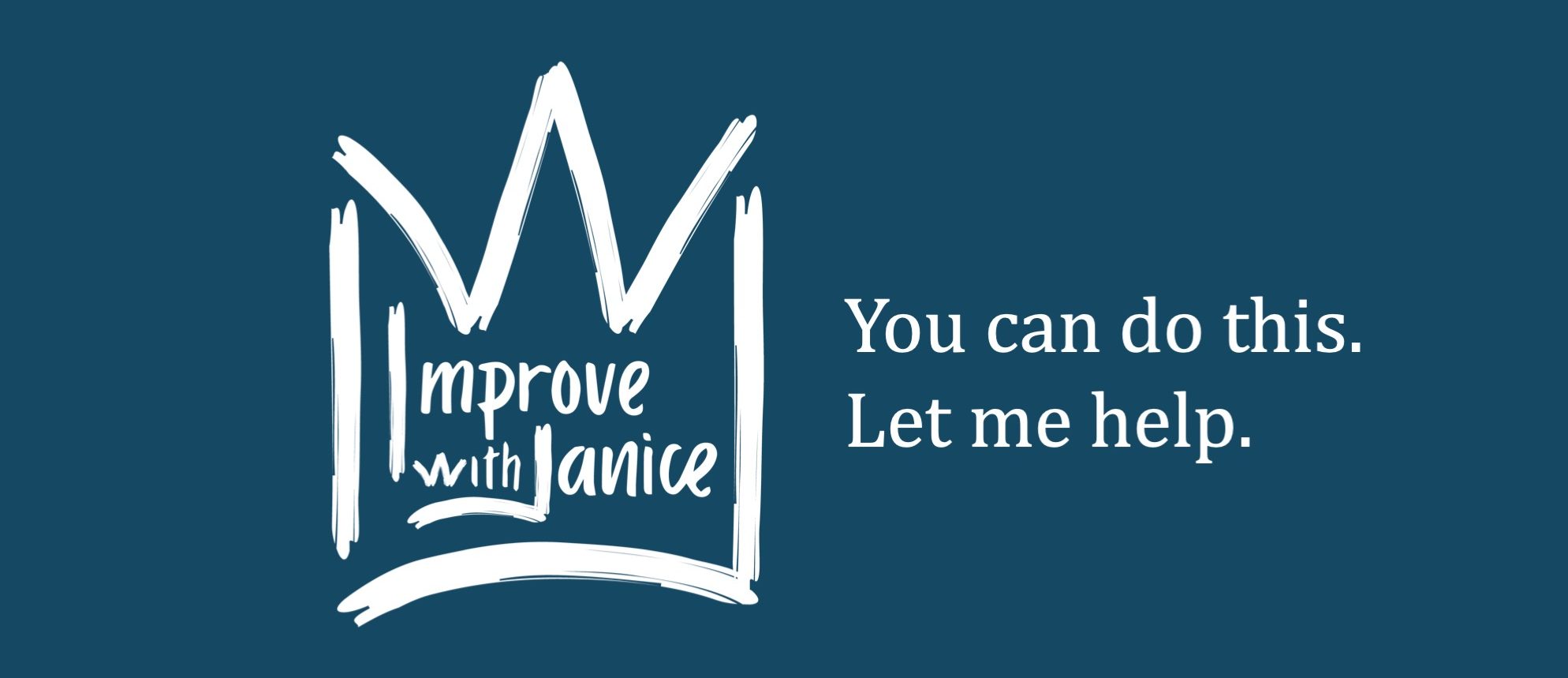When Grief Keeps Going
06/27/2021
Grief has a profound impact regardless if the death is expected or unexpected. In some ways, the clock stops for those who are grieving. The days don’t matter. The time is inconsequential. Personal and professional calendars are pushed. Especially in the beginning time is recalled as “Before” or “After.” Yet, weirdly the world keeps going. Even as something so profound is happening in your life, people continue to lunch, talk about the weather, skip the gym, and go about their usual, mundane tasks. Somehow on a selected date, like returning to work, those in grieving are expected to re-enter the “Usual.” But grief does not end on that day. What do you do when grief keeps going?
If It’s Your Grief
First, give yourself permission to struggle. Understand you cannot predict how you may feel from moment to moment. Many people cite some basic triggers—hearing a song, seeing something that provokes a memory, “forgetting” for a moment when you pick up the phone to call—that derail their assimilation into public. Grocery stores are particularly difficult for many if the death included someone in the household.
Give yourself ample room for breaks or pad your calendar with busyness depending on your coping strategies. Most importantly, accept help from others and/or reach out for help even if you do not know exactly what you need. Finally, realize there is a community of people whose intent is to be helpful. Many people may not have dealt with profound loss in their life and may inadvertently say something that comes off as callous, insensitive, or dumb. Don’t get hung up on what they said, but rather try to focus on their efforts to help you feel better, even if it is misguided.
If It’s Someone Else’s Grief
Be mindful
It’s hard to know how to approach someone—should you bring it up, should you proceed like it’s another day, should you offer help. If you’re struggling with how to act, default to a brief, heartfelt acknowledgement of their loss, and pending their reaction, move right along.
Be aware that environment is key. This acknowledgement should be private, and not include others who may not know or need to know (i.e. in an office setting). Do not, I repeat do not, ask questions that are about your own curiosity (“what happened?” or “how did they die?”). These questions serve no comfort to them and may force them to talk about their loss when they are not prepared or would rather not. Do not put your want for detail ahead of their need for healing.
Do not throw a pity party nor inflict your beliefs on the situation
Some common, well-meant phrases that can land poorly in some instances are:
- it was the right time
- they were suffering
- they are at peace now
- they are with people who love them
- they lived a full life
- it’s better this way
Each of these phrases judges the person’s life or inserts a belief that may not align with the person who is grieving. Stay away from statements like “You must be/feel/think…” You don’t know how they feel. They may not know how they feel. These phrases can make the bereaved feel even more misunderstood.
Offer specific help
The usual phrase “let me know if I can do anything” sounds wonderful and thoughtful, but it falls short. This phrase puts one more thing on the griever’s plate to figure out. During a time of emotional overdrive, it is better to offer specific help. Such an example would be “I would like to buy/bring you dinner this week. Which night works best?”
Grief is different for everyone. Grief comes and goes. Grief does not have a timeline for healing. If you are grieving, take the pace you can and don’t expect to be in control at all times. If you are supporting someone grieving, do not assign timeframes on their behalf. Time does not flow the same way. One day we will all appreciate the importance of non-judgmental love and support when grief keeps going.
If you or someone you know is struggling, try starting with these suggestions. Grief support groups, books, and counseling can be helpful. Improve with Janice specializes in grief support—recent or historical. Schedule a free consult to discuss grief and healing.
